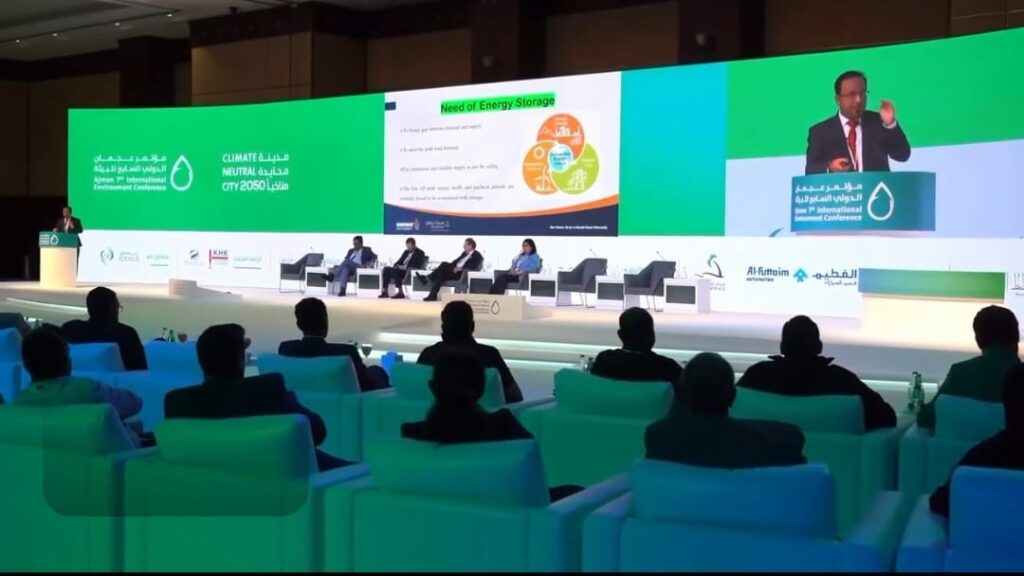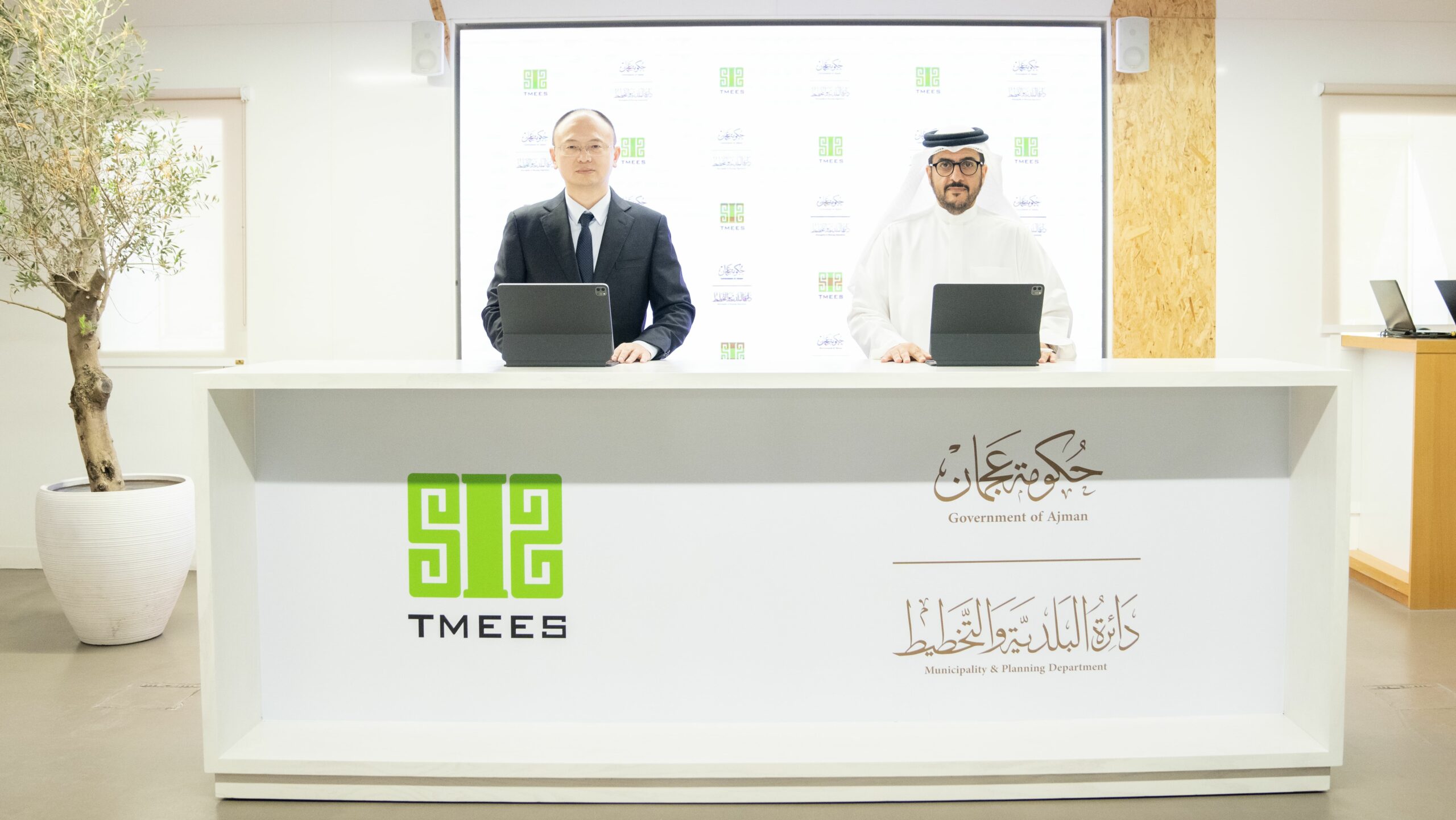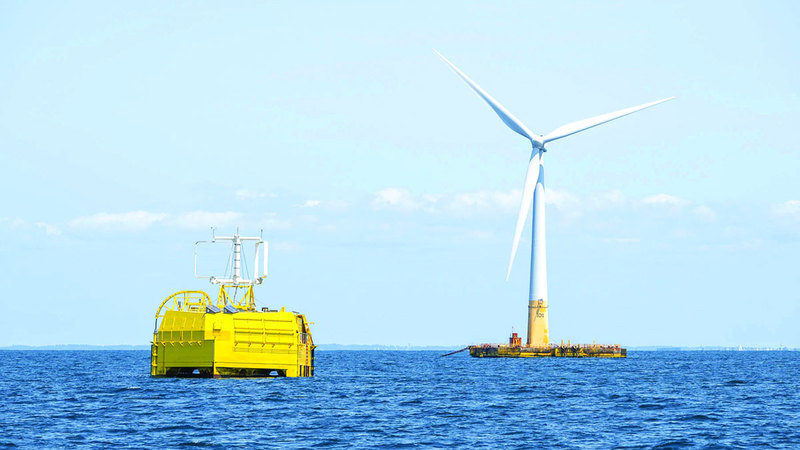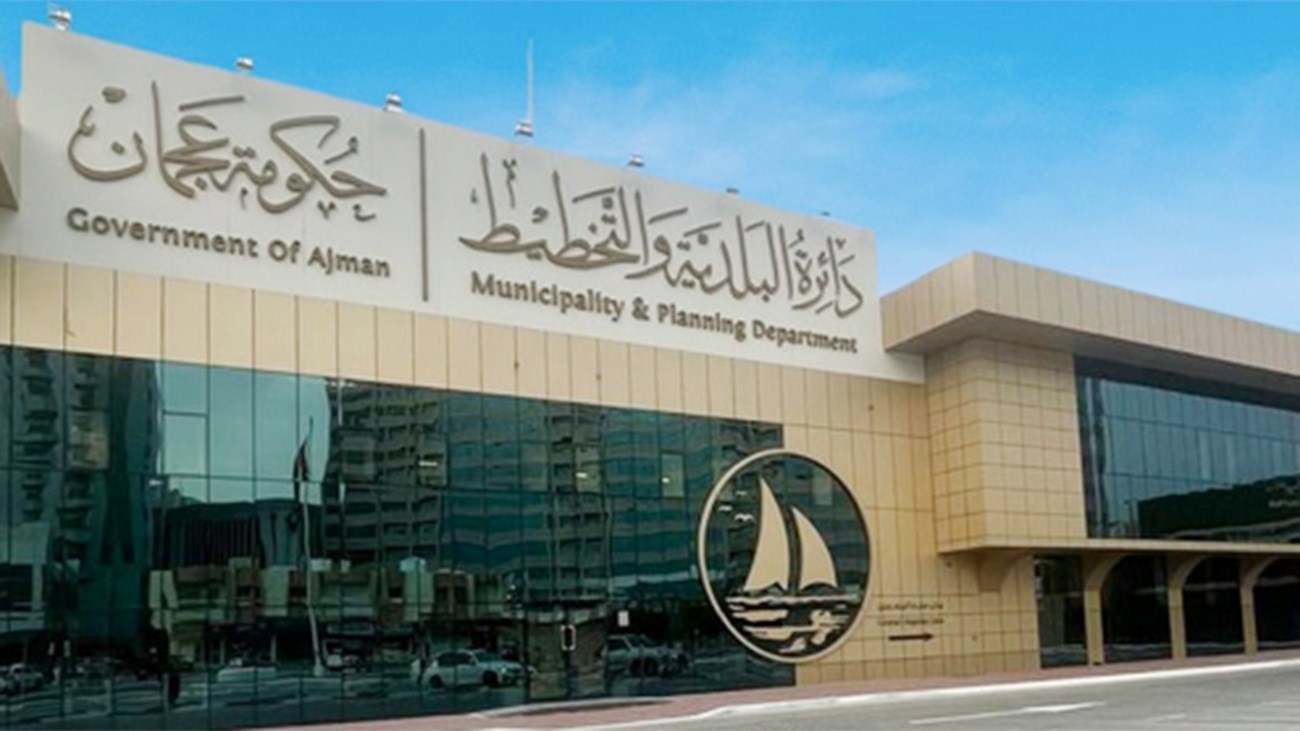Source:
• Mina Ghali - Ajman
Date: March 7, 2024
Experts and specialists emphasized the importance of achieving net-zero carbon emissions by 2050, stressing the need for countries to commit to carbon neutrality in order to reach an emission-free future. This was discussed during the main sessions at the Seventh Ajman International Environmental Conference.
In the session "Shaping the Future of Zero Emission Cities," Professor Manish Kumar, a professor in the Sustainability Group at the College of Engineering at the Petroleum and Energy Studies University, emphasized the importance of achieving zero emissions and ensuring that countries commit to carbon neutrality. He pointed out the need to develop an integrated plan along with agreeing on international regulations, establishing a means for measurement and monitoring over a period of 5 or 10 years, and understanding the integrity of carbon neutrality.
Dr. Konstantinos Kleofolo, Assistant Vice President for Innovation and Development at the Cyprus Institute, stated that our region has experienced an increase in temperature at a faster rate than usual. He also mentioned that some areas are at risk of a temperature rise of up to 7°C over the next 100 years, emphasizing the importance of relying on technology and establishing joint policies to address climate change.
Professor Adarsh Kumar Pandey, Associate Dean and Head of the Ph.D. Program in Sustainability Science and Technology at Sunway University, emphasized the importance of nanotechnology in enhancing storage capabilities and how it can be applied in the field of sustainability. He also highlighted the significance of developing sustainability technologies and relying on unlimited resources such as wind and solar energy.
For his part, Professor Peter Farrell, a professor of engineering at the University of Bolton in England, stated that the UAE has taken effective steps to reduce carbon emissions in the construction sector, where we have seen the best global practices leading to zero carbon emissions. He emphasized that these results require continuity and the approval of supportive initiatives to fully achieve carbon neutrality.
For her part, Dr. Rola Maya, an international consultant in management, strategic planning, and sustainable development policies, gave a presentation on the new generation's approach to achieving carbon neutrality. She pointed out that net zero means reducing carbon emissions to the lowest possible level for future generations until we reach zero by 2050. She emphasized that exceeding a temperature rise of 1.5°C means life will become difficult, stressing that we face major challenges, including changing work methodologies, reliance on traditional energy sources, and finding new ways for renewable energy.
Artificial Intelligence for Climate Neutrality
In a session titled "AI-Based Entrepreneurship for a Climate-Neutral City," Dr. Wolfram Hardt, Professor of Computer Engineering at Chemnitz University of Technology, emphasized the importance of investigating AI-based services to adopt practical applications. He pointed out that AI application services are designed to accelerate and develop AI applications, ensuring the efficient use of resources in a cost-effective manner. This contributes to achieving global sustainability through advanced AI technology.
Dr. Ahmed Sbeihi, Vice President of the Afro-Asian University and Professor at Al-Afaq University in Sharjah University City, presented the efforts made by the Emirate of Ajman toward achieving environmental sustainability. He also discussed the UAE's relentless efforts towards transitioning to a green future.
Dr. Miles Allen, Professor of Geological Systems Science at the University of Oxford, confirmed that the COP28 conference laid the foundation and charted the way forward in the global effort to mitigate and adapt to the impacts of climate change, aiming for net-zero emissions in line with the goals of the Paris Agreement.
For his part, Thomas Prokop, the Head of Key Accounts for Europe, the Middle East, and Africa at "Palas GmbH," discussed the importance of monitoring fine and ultra-fine particles in urban areas to improve air quality in cities.
The founding director of the Global Health Institute, Dr. Shadi Saleh, said that achieving a clear sky in the future requires reaching net-zero emissions, emphasizing the importance of harnessing high-quality data to monitor the environment and air quality.
Technology and Innovation in Climate Action
In the session titled "Accelerating Climate Action through Technology, Innovation, and the Transition to Low Carbon Circular Economy Systems and Waste Infrastructure," Dr. Ahlam Kheldoun from the College of Engineering at the American University of Sharjah presented a study titled "3D Printed Concrete Bridge Sectors Reinforced with Hybrid Smart Reinforcement Under Static Load." She explained that 3D concrete printing (3DCP) holds great potential to revolutionize the construction industry by enhancing productivity and reducing environmental impact through the efficient production of optimized structures.
Assistant Professor in Environmental Engineering at Zayed University, Dr. Suhail Al Ghafli, spoke about examining green initiatives in university work, highlighting the important role of youth in the sustainability process.
Associate Professor in Geomatics Engineering at the Department of Civil and Environmental Engineering at the University of Sharjah, Dr. Rami Issa Al-Zarouk, spoke about the need to establish a spatial and temporal framework for sustainable building planning based on carbon emissions at the city level.




